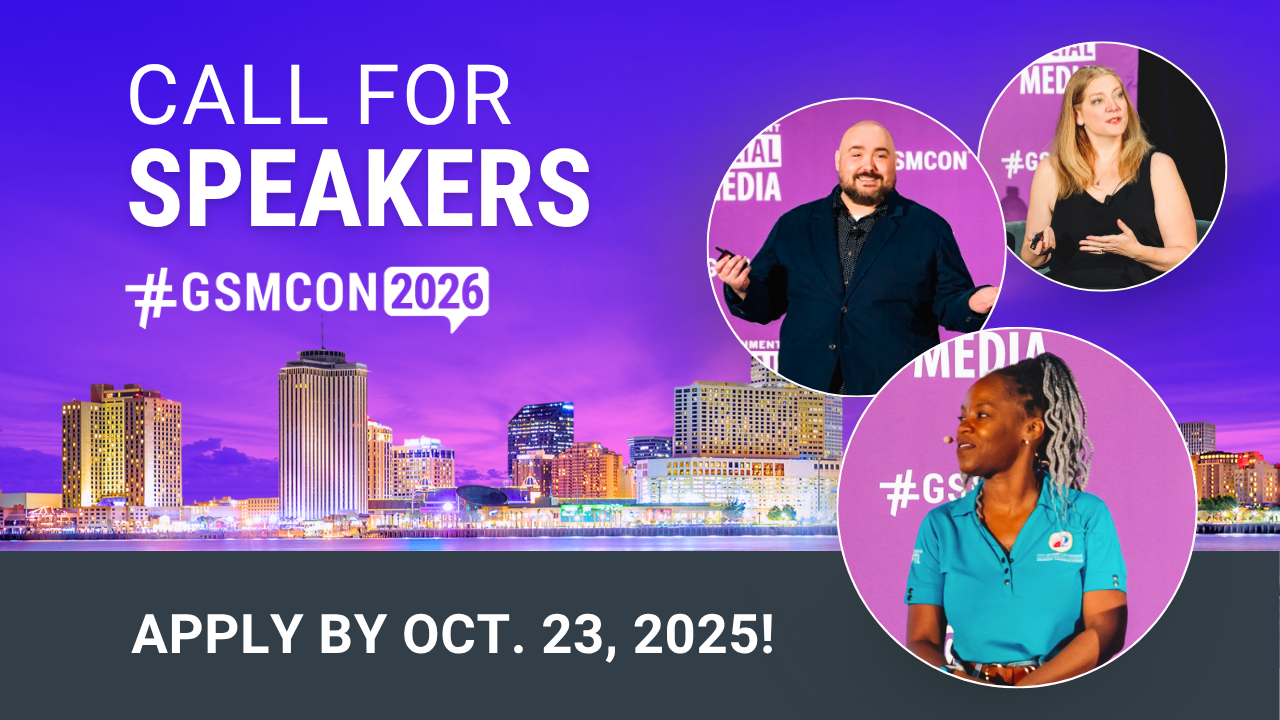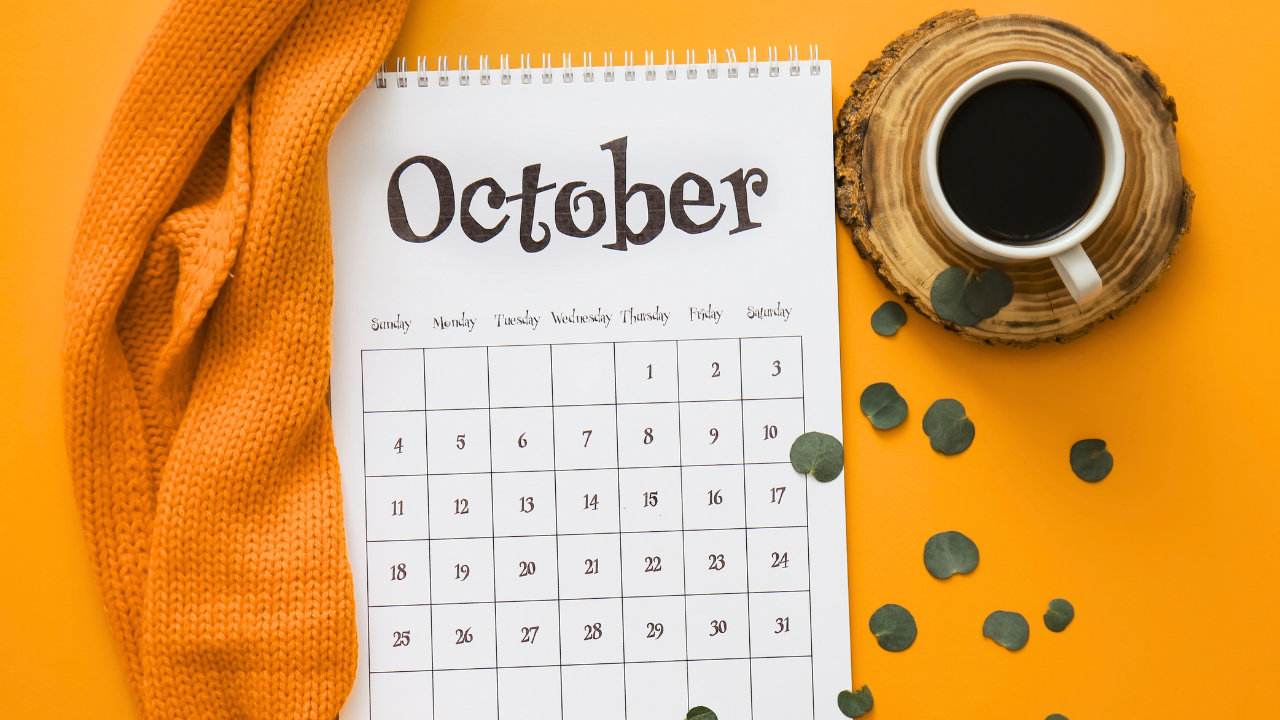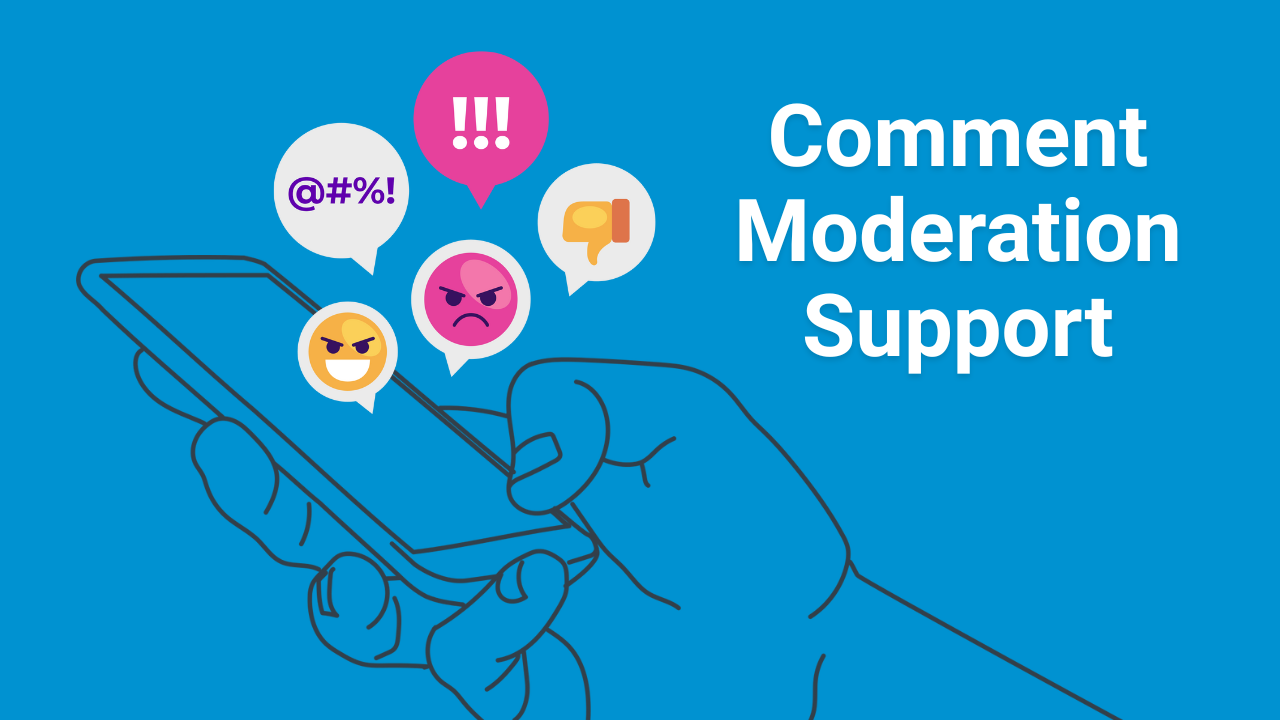
SocialGov’s guide to using Facebook Groups
Feb 05, 2024Contributed blog by Angie Ramirez, Freelance Writer at Government Social Media
I first discovered the power of Facebook groups out of desperation.
In an increasingly pay-to-play landscape, I found myself frustrated at the limited reach and engagement of organic Facebook posts. There's nothing worse than putting your heart into a post that flatlines with virtually no reach or engagement.
As government agencies, we rely on platforms like Facebook to get information out to the public, so what options do we have?
Sure, one way to break through Facebook's algorithm is to run ads, but that isn't always feasible. I loved this response from Oregon City City Hall on why they chose to run a Facebook ad to help increase the reach of their post.

But what about the posts that don't make the cut for Facebook ads? Or what if your agency has a super limited (or nonexistent) budget for ads? That's where I started to get scrappy and think outside the box– or, in this case, outside of the page.
Facebook groups can be powerful tools to engage your community. Some government agencies have already mastered the art of groups, launching and managing their own groups. But what I really want to focus on in this blog, is the power of tapping into existing groups to engage micro-communities and niches within your larger audience.
If you're just trying to keep up with the accounts you already have, don't worry. You don't have to start your own Facebook group in order to reap the benefits of this handy Facebook feature.
What are Facebook Groups?
Facebook groups are like moderated forums that users can join based on shared interests. Groups differ from Facebook pages because they are designed for community building and two-way conversations. Depending on the permissions of the Facebook group, any member can make a post or leave a comment.
On the other hand, Facebook pages belong to a specific business, organization, public figure, or – in our case – government agency. Pages have a limited number of admins who post information for the public and leverage the page to establish an online presence.
Groups are also based around specific niches like "Corgi's of Denver," where Corgi owners share adorable photos of their dogs, or "Colorado Small Business Owners," where business owners can network, get business advice, or share ideas. You may be part of a few Facebook groups yourself. Everything from neighborhood groups to book clubs, fitness forums, startup think tanks, photography groups, you name it—there's probably a Facebook group for it. These conversations are already underway; the magic happens when you tap into groups that make sense for your government agency and join the conversation.
Joining a Facebook Group as a Government Facebook Page
While many know that they can join a Facebook group from a personal Facebook account, not everyone realizes that you can join (some) groups from a business page, too. As the social media manager for the City of Lakewood, for example, I joined a few local public groups like "I Love You Lakewood," a page started by residents, and "Discover Colorado | Through your Photos," a group started by a local news station (Denver 7) where residents can share beauty shots from across the state.
It's important to note that not all groups allow pages to join, so it's essential to research and read each page's terms before requesting to become a member.
Benefits of sharing content in Facebook Groups
Increase reach to your target audience
One of the key benefits of joining a group from a Facebook page is that it allows you to connect with niche audiences within your community and increase the reach of your organic content.
For example, in Lakewood, providing emergency shelter for individuals experiencing homelessness was an important topic for our community this winter. To help spread the word about the City's shelter operations, we shared our Facebook post (made on our Facebook page) to the group. You can also post directly in a group if you are accepted as a member.
By sharing content or posting in a group, you have the benefit of tapping into another relevant audience that may not be following your official page. It helps new community members discover your account, and it helps amplify your important message on a forum that's built to foster community engagement and spark conversation.
Think about how Facebook groups could amplify messages to specific segments of your audience. For example, if your parks and recreation department has summer camp registration starting soon, there could be an opportunity to share that information in a local Facebook group for parents in your city.
Or maybe you want to target small business owners with a certification or RFP opportunity; posting in a small business group for your area could help reach the right people.
There are even Facebook groups for specific linguistic communities. For example, there's a page we've joined in Lakewood called Lakewood Latino that can help amplify information in Spanish.
By finding and joining the right groups for your agency, you can effectively increase the organic reach of content you share, and you can reach members of your target audience that may not be following your main Facebook page.
Social listening and finding user-generated content
Another great benefit of joining groups is social listening. Joining groups allows you to keep your finger on the pulse of conversations happening in your community or niche. Groups are somewhat similar to Nextdoor. The rumor mill can take off in a Facebook group, so joining these groups can help you flag misinformation early. It's also helpful to track sentiment over community topics and find different perspectives.
I've also found Facebook groups to be a great source of user-generated content (UGC). At the City of Lakewood, we joined a popular photography group where we often find beautiful photos captured in our city by local photographers. Residents will also sometimes share positive stories of interactions with City staff or share other city-related news that we can share and engage with from the official City account. This two-way dialog builds a strong sense of community between the City and the residents we serve.
Challenges with using Facebook Groups
While Facebook groups can be a powerful springboard for government agencies to amplify key messages and engage their communities, there are challenges. For starters, groups are public forums where regular members don't have control over what other people post. While you may be posting something that helps the community, the post right below yours could be bashing your agency.
Facebook groups also only represent a small segment of your overall audience, so it's important to be equitable in the way you engage with these groups. I prefer to share posts to the main agency's Facebook page for our entire audience to see and then share the post to niche Facebook groups to amplify the message to those who may be interested. It's also a good practice to keep your eyes out for new groups that could target a segment of your audience you're struggling to reach.
Lastly, it's also important to follow the rules set forth by each Facebook group to avoid violating the group policies or spamming members. Violating the rules of a Facebook group could cause an admin to remove your post—so it's important to keep this in mind for archiving purposes as well. Understanding the rules and doing some research on what types of posts are most popular in the group and what type of content is accepted are great places to start before you begin posting.
A final note
Facebook groups may not be the magic solution to the platform's vendetta against organic reach. However, it's another tool in our toolkit to try and reach our community with information that matters most. Facebook groups are designed to spur conversation and thrive on two-way communications. Knowing what your community is talking about and what posts are gaining traction on these groups can help you keep your finger on the pulse of what matters to your audience while allowing you to tap into a new pool of users you may not typically reach.
Have you had any success using Facebook groups? I'd love to know!
Speaking of…. Have you joined the Government Social Media Facebook group? It's full of socialgov gold, from helpful tips to post inspiration, networking opportunities, hilarious memes, and friendly people who just get it. Plus, don’t forget to join the free GSM network today to learn how other government agencies interact with groups and share your experience with members by chiming in on this post.
Meet the author
Angela Ramirez (Pitts)
Freelance Writer - Government Social Media LLC
Angela is an award-winning government communicator who is passionate about leveraging social media to build strong relationships between government agencies and the people they serve. Angela is an award-winning government communicator who is passionate about leveraging social media to build strong relationships between government agencies and the people they serve.
During her tenure with the City of Tampa, Angela proudly maintained a dynamic social media presence for the City, telling Tampa’s story through historic events, including the Super Bowl, the COVID-19 pandemic, major hurricanes, and more. She also helped establish a community-centric social media following for the City, growing the @cityoftampa Instagram profile from less than 1k followers to over 100k in under five years. Her passion for government social media continues as she strives to be a thought leader in the field. She takes immense pride in the connections she’s made with social media professionals across the nation. Angela earned her bachelor's degree from the University of South Florida and is currently completing her master's degree in Digital Strategy from the University of Florida. In her free time, you can find her scrolling Instagram Reels, spending time with her husband and dog, or planning her next big adventure.
Government Social Media empowers government professionals to achieve mastery in social media through conferences, online training, and professional association membership.
Best communicate with the public you serve and get connected with fellow socialgovs by registering for the 2024 Government Social Media Conference happening in Palm Springs, California or virtually from wherever you are! Join our free network for bi-weekly Government Social Media Chats or professional association for member-only webinars. Sign up for our newsletter to get the latest updates on training, events and more.
Government Social Media® empowers government professionals to achieve mastery in social media through conferences, online training, and association membership. Best communicate with the public you serve and get connected with fellow socialgovs by registering for the 2026 Government Social Media Conference happening in New Orleans, LA and virtually from wherever you are! Join the free GSM Network for text-only chats on socialgov topics or access the Government Social Media Association (GSMA) for regional virtual meetups and educational webinars.










